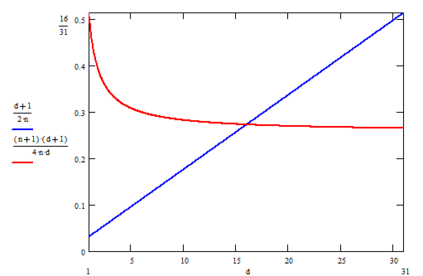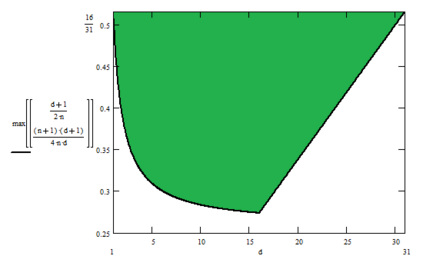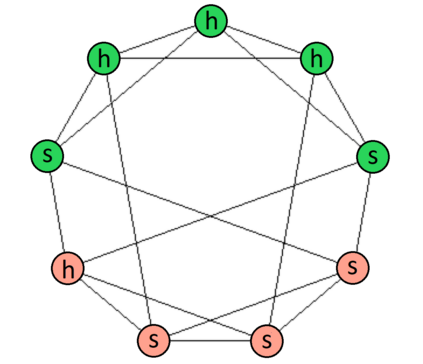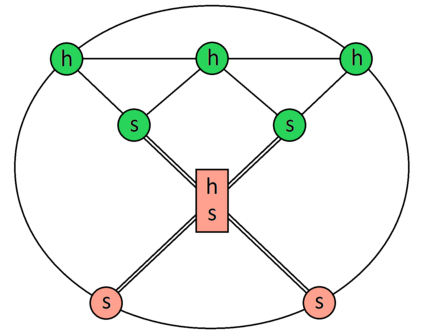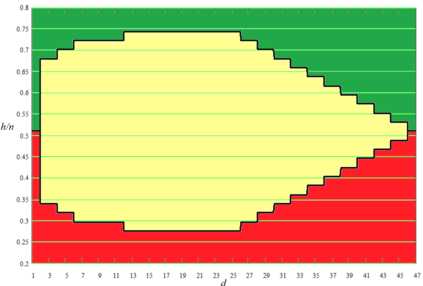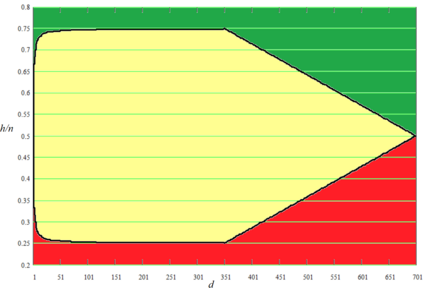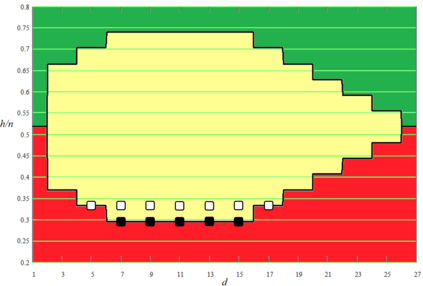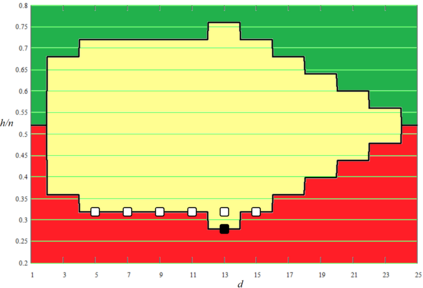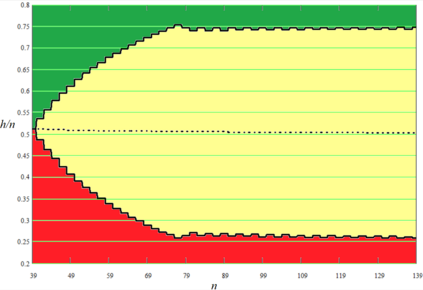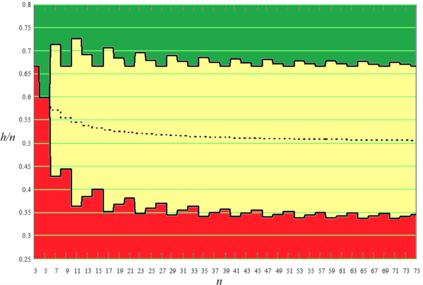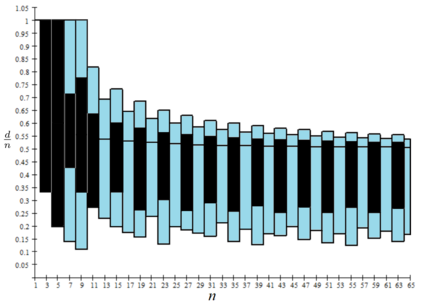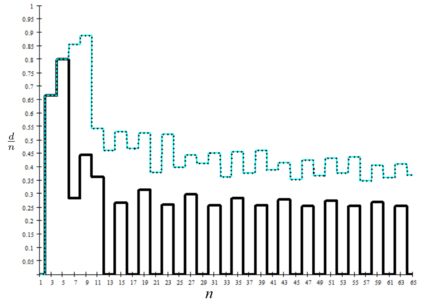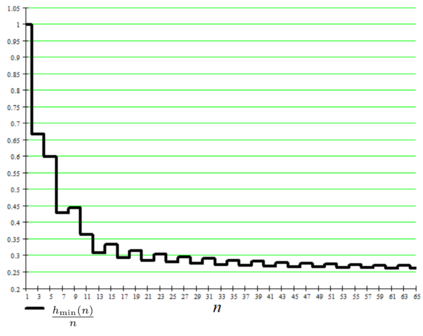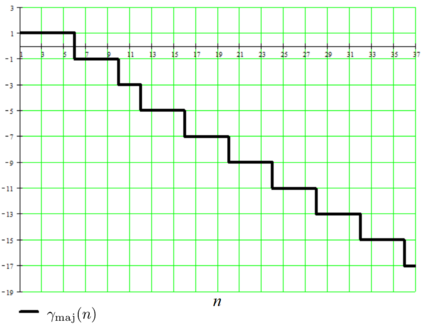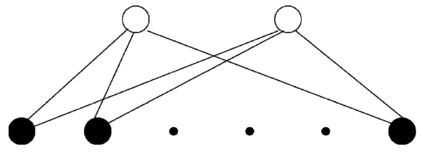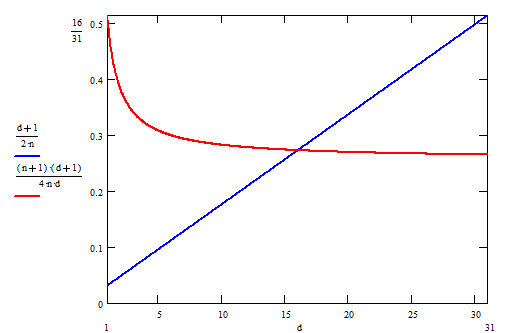In this paper, we study the following problem. Consider a setting where a proposal is offered to the vertices of a given network $G$, and the vertices must conduct a vote and decide whether to accept the proposal or reject it. Each vertex $v$ has its own valuation of the proposal; we say that $v$ is ``happy'' if its valuation is positive (i.e., it expects to gain from adopting the proposal) and ``sad'' if its valuation is negative. However, vertices do not base their vote merely on their own valuation. Rather, a vertex $v$ is a \emph{proponent} of the proposal if a majority of its neighbors are happy with it and an \emph{opponent} in the opposite case. At the end of the vote, the network collectively accepts the proposal whenever a majority of its vertices are proponents. We study this problem on regular graphs with loops. Specifically, we consider the class ${\mathcal G}_{n|d|h}$ of $d$-regular graphs of odd order $n$ with all $n$ loops and $h$ happy vertices. We are interested in establishing necessary and sufficient conditions for the class ${\mathcal G}_{n|d|h}$ to contain a labeled graph accepting the proposal, as well as conditions to contain a graph rejecting the proposal. We also discuss connections to the existing literature, including that on majority domination, and investigate the properties of the obtained conditions.
翻译:在本文中, 我们研究以下问题 。 考虑一个向某个网络的顶点提供提案的设置 $G$, 而顶点必须进行投票并决定是否接受提案。 每个顶点$v$都有自己对提案的估价; 我们说, 如果它的估价是肯定的, 美元就是“ 快乐 ” ; 如果它的估价是否定的( 也就是说, 它预期从通过提案得到好处 ), 则“ sad' ” 。 但是, 顶点美元不能仅仅根据自己的估价来决定他们的投票。 相反, 顶点$V$是提案的上限 。 如果它的多数邻居对它满意的话, 而每个顶点$V$是自己的估价 ; 在表决结束时, 网络集体接受这个提案, 只要它的多数的顶点是支持者。 我们用平面图来研究这个问题。 具体地说, 我们把 $ mathcal cal $ $ $ ( g) 和 $ $ ( 美元) ( 美元) ( 美元) ( ) ( 美元) ( ) ( 美元) ( ) ( ) ( ) ( ) ( 美元) ( 美元) ( ) ( 美元) ( ) ( 美元) ( ) ) ( ) ( ) ( ) ( ) ( ) ( ) ( ) ( ) ( 美元) ( ) ( ) ( ) ( ) ( 美元) ( ) ( ) ( ) ( ) ( ) ( ) ( ) ( ) ( ) ( ) ( ) ( ) ( ) ( ) ( ) ( ) ( ) ( ) ( ) ( ) ( ) ( ) ( ) ( ) ( ) ( ) ( ) ( ) ( ) ( ) ( ) ( ) ( ) ) ( ) ( ) ( ) ( ) ( ) ( ) ) ( ) ( ) ( ) ( ) ) ) ( ) ( ) ( ) ( ) ( ) ) ) ) ( ) ( ) ( ) ( ) ( ) ( ) ( ) ( ) ( ) ( )

